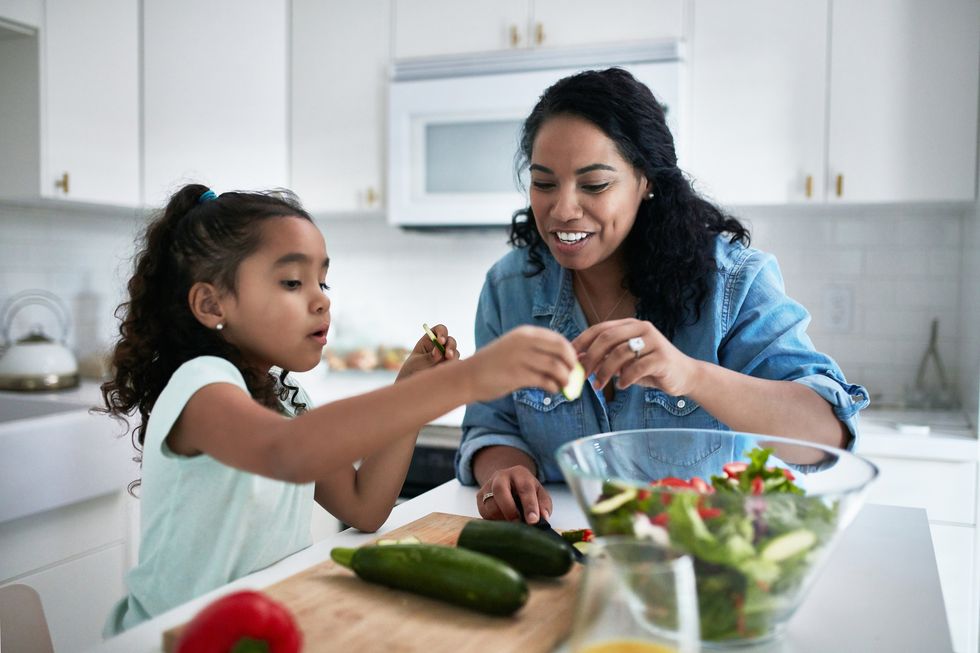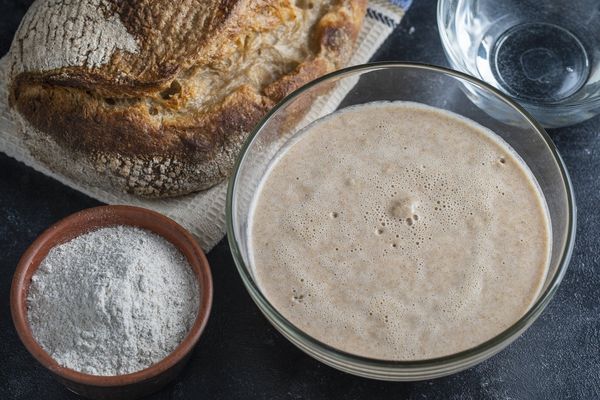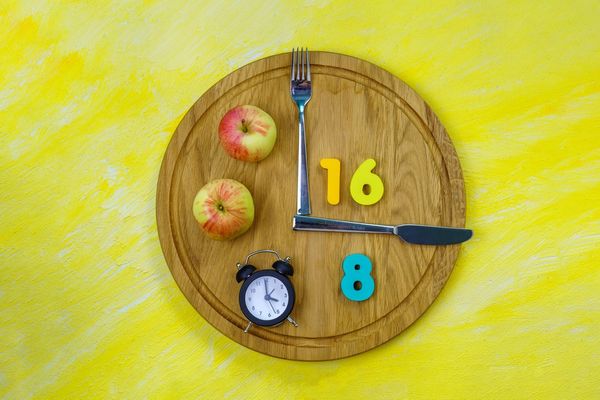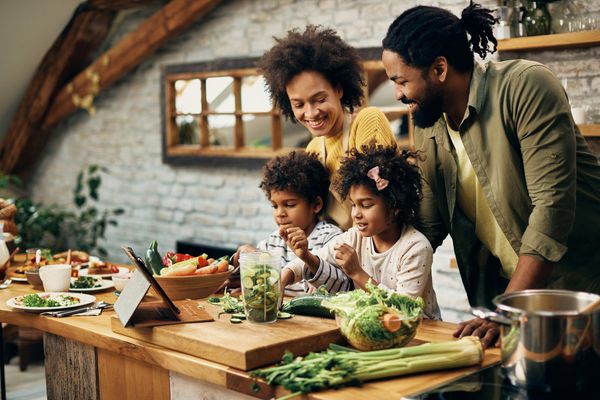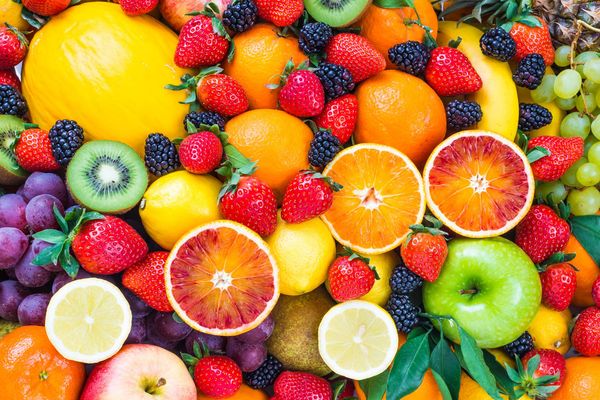By Stephanie Meyers, Boston University
It's 5 p.m. on who can tell which day, and instead of rushing from work to kids' activities, I'm unpacking a box of produce while my 7-year-old peels carrots beside me. Rather than grab what we can from the fridge on the way to soccer practice, my family is all sitting down together to a homemade vegetarian meal. On the menu tonight: cauliflower lentil tacos.
Before you get the wrong impression that everything's going swimmingly at my house, it's not. But as a registered dietitian and a mom, I'm noticing a few noteworthy patterns amid the pandemic, both in my own family and in what my clients report every day. Some of these food-related behavior changes have the potential to become new habits with long-term benefits. Here are five eating-related behaviors I hope endure beyond the pandemic.
1. Eating family meals together
For the first time, some kids now have two parents home for weeknight dinners. In stark contrast, kids of front-line workers may eat more meals away from their parents. Each of these scenarios highlight the importance of eating together when you can. Research has found that eating as a family helps kids have better self-esteem, more success in school and lower risk of depression and substance use disorders.
Finding time for family meals isn't always possible or easy, but hopefully people will continue to prioritize eating together whenever they're able. And remember, it isn't only dinner that counts. Even eating a quick snack together or family breakfast is valuable.
2. Kids learning to cook
Some families are making time to get kids involved in the kitchen. That's good news, because research shows it leads to healthier eating as an adult. A long-term study found that adolescents who learned to cook by age 18 to 23 were eating more vegetables, less fast food and more family meals a decade later.
Learning to cook can be fascinating for kids but exhausting for overworked parents. Don't lose heart if it seems every kid but yours can whisk and sauté. Ignite the basics by letting your child arrange simple snacks on a plate. It's never too little, too early or too late to start giving kids some autonomy in the kitchen.
3. Eating more plant-based proteins
Nutritionists have spent decades encouraging people to eat plant-based meals. Now suddenly everyone's stocking up on all kinds of dried beans and lentils. They're trying tofu and homemade veggie burgers and finding out that, with the right recipes, these foods can be delicious.
Alternatives to animal protein benefit the health of individuals and our planet. This doesn't mean you need to become vegetarian, but you can start thinking about meat differently. Make it less of a main dish and more like a condiment. For example, instead of grilling a whole pack of chicken breasts for dinner try making vegetable kebabs using smaller or fewer pieces of chicken on the skewers. Or make a colorful dinner salad with grilled salmon crumbled on top.
4. Buying food locally and lending a hand in the hunger crisis
In the early weeks of COVID-19, some grocery shelves went bare while farmers plowed ripe crops into fields and dumped fresh milk down drains. Problems in the food supply chain that have been magnified by the pandemic have prompted people to seek local sources of food. Sales of regionally milled flour, sustainably caught fish and community-supported agriculture programs have skyrocketed. I hope this trend continues long after the pandemic ends and deepens our appreciation for who and what it takes to bring food to our table.
Another crisis is that 42 million Americans are facing food insecurity, a number that has grown daily amid the coronavirus pandemic. With increasing awareness of the hunger problem, people are stepping forward to help. Like my friend who's decided to donate the produce from her garden to help other families in need. One critical thing we can do is advocate for policies that expand access to quality food and health care.
5. Changing mindsets about wellness to include self-compassion
Eating is one of the most basic ways we take care of ourselves, and disruptions in food and activity routines have people rethinking how they define wellness.
Many of my clients are starting to gently investigate their relationships with food and with their bodies. With proper support, they're creating "new normal" plans for eating that include self-compassion as a daily practice. One example is short daily meditations, which research suggests improves many aspects of well-being, including self-worth and body appreciation. One of the most important things I hope people maintain after the pandemic is more friendliness toward themselves as eaters.
People have come home to roost around food in these unprecedented times, discovering new habits and insights about what it means to truly nourish themselves.
Take pride in both big and small changes you've recently put into practice. They might turn into brand new habits with benefits in the long run. I encourage everyone to hang on to a homemade version of at least one food they used to buy instead of going back, because cooking at home benefits health and personal relationships.
[The Conversation's newsletter explains what's going on with the coronavirus pandemic. Subscribe now.]![]()
Stephanie Meyers, Registered Dietitian and Nutritionist, Instructor in Nutrition, Boston University
This article is republished from The Conversation under a Creative Commons license. Read the original article.

